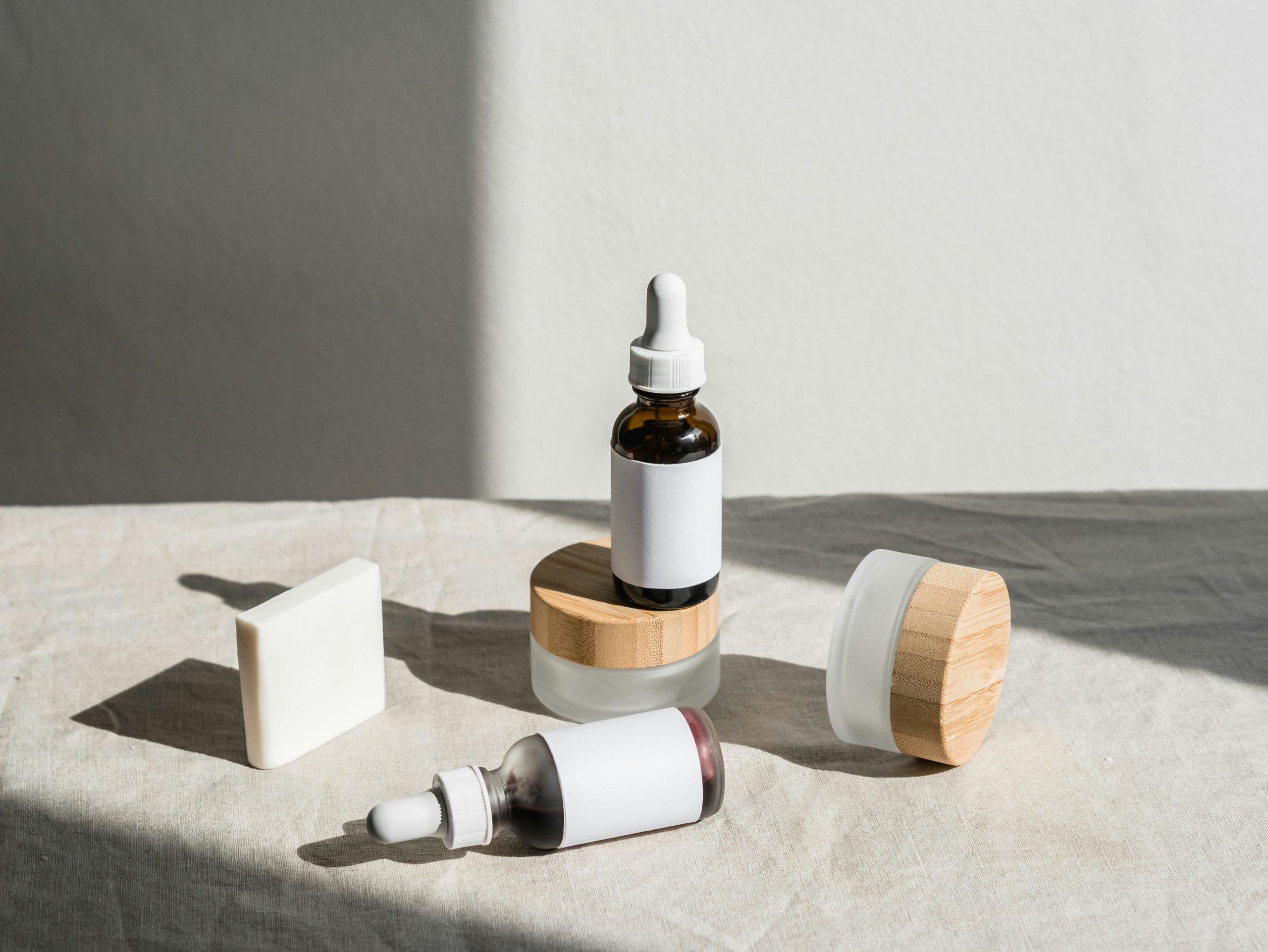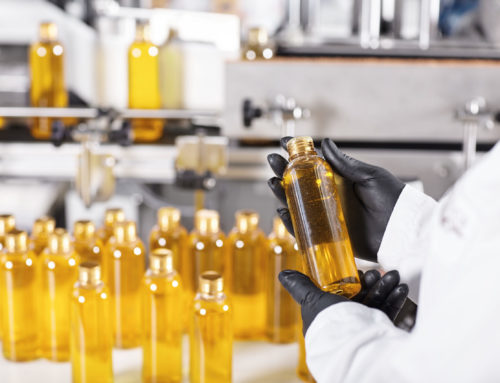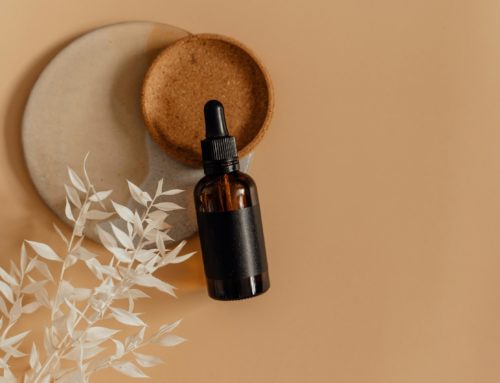- Types of skin and their characteristics: how to meet the needs of each type of client.
- Why do consumers prefer customized cosmetics for their skin?
- The science behind cosmetic customization: what formulas and ingredients are used?
- The role of laboratories in customized cosmetics: creation and development of products.
- The future of customized cosmetics: challenges and obstacles it faces.
Each person typically requests a different cosmetic product based on their skin type. Currently, the beauty sector has enough capacity to offer as many cosmetics as there are consumer requests. However, the research and development of customized products is on the rise, as it is a field still to be explored and scientific advancements allow for the innovation of new formulas and products.
That’s why, throughout this article, we will address the various aspects of customized cosmetics, from customer demand to their development and experimentation in laboratories.
1. Skin Types and Their Characteristics: How to Satisfy Each Type of Customer
Firstly, it’s useful to know that the skin consists of two main layers: the epidermis, which is the outer layer, and the dermis, found deeper within. Over time and with exposure to various external agents, both layers can deteriorate, resulting in aging and gradual skin damage.
There are various skin types, each requiring specific care and attention. Identifying our skin type allows us to provide it with the right products.
Dry Skin
Characterized by its thinness and closed pores, leading to a lack of hydration and elasticity. It’s more prone to early wrinkles, flaking, and expression lines, especially affected by extreme climate conditions. Proper hydration is crucial, both through products and adequate nutrition.
Oily Skin
Appears shiny with enlarged pores and an uneven texture. Common in adolescents, it’s prone to acne and pimples. Though more resistant to external agents, it requires rigorous daily hygiene, including pore cleansing to remove impurities.
Sensitive Skin
Easily dries and dehydrates, causing itching, tightness, and burning. It needs gentle facial soaps and products that reduce irritation. Gentle exfoliation, along with repairing and moisturizing creams, can help soothe and alleviate discomfort.
Combination Skin
Features characteristics of both dry and oily skin, with dryer areas on the cheeks and more oiliness in the T-zone (forehead, nose, and chin). This skin type requires hydration for dry areas and oil control for greasy zones.
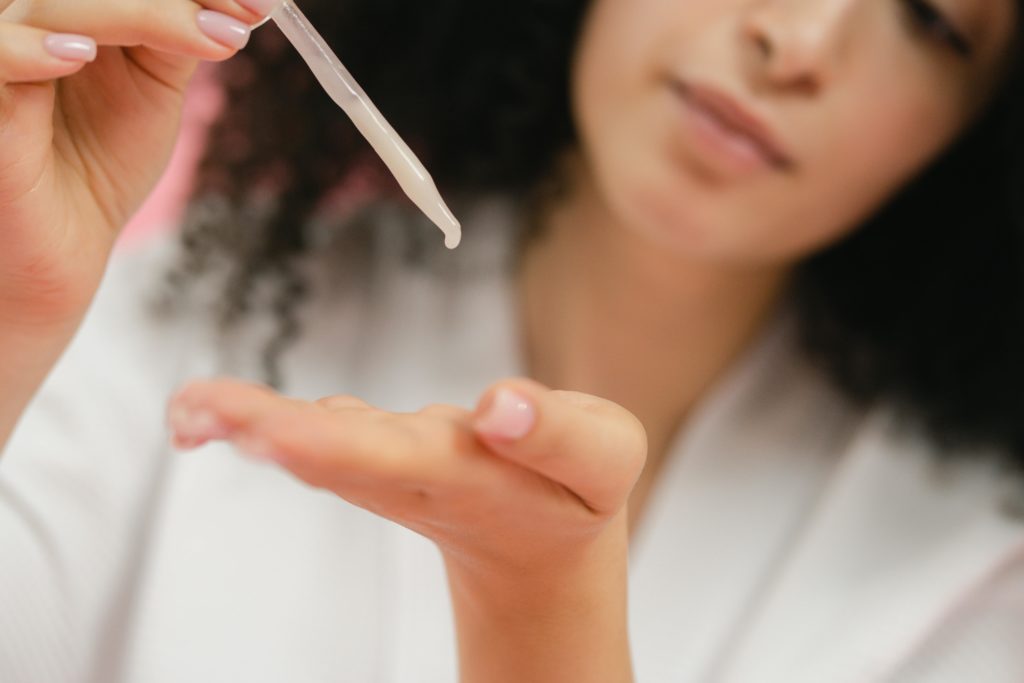
Understanding the different skin types is essential to know what to request from technicians who prepare your cosmetic product formulas. Consumers will choose products that suit their preferences and demands, so we must be mindful of the ingredients we use in our cosmetic lines.
2. Why Do Consumers Prefer Customized Cosmetics for Their Skin?
Consumers seek cosmetics that guarantee proper skin care and improve its condition and appearance. This growing trend is driven by the tangible benefits and personalization these products offer.
Customized cosmetics are formulated with carefully selected ingredients to address specific skin problems. Whether for dry, oily, mixed, or sensitive skin, these products are designed to provide the right hydration, balance, and protection.
Consumers appreciate using products tailored to their specific needs, and cosmetics allow for this personalization, offering a wide range of products adapted to individual requirements. From serums and creams to cleansers and exfoliants, there are numerous cosmetic options.
At MS Lab, we offer a broad range of specific products with customization options to ensure the best results for our clients’ skin. Innovative formulations and natural products are among the most demanded in the beauty market.
3. The Science Behind Cosmetic Customization: What Formulas and Ingredients Are Used?
Cosmetic laboratories employ a variety of scientific techniques and knowledge to develop highly effective and customized products. Research in dermatology and biology is crucial for understanding skin characteristics and the biological processes affecting health.
This includes studies on skin structure, barrier function, sebum production, cell renewal, and response to environmental and hormonal factors. With this data, scientists formulate products using a combination of carefully selected ingredients and actives.

Customized cosmetics benefit from technological and scientific advancements, allowing for controlled ingredient release in the skin, maximizing efficacy, and minimizing potential irritation.
4. The Role of Laboratories in Customized Cosmetics: Creation and Development of Products
Laboratories play a crucial role in the development of customized cosmetics. Without prior research, creating beauty products adapted to each skin type would be challenging. This process combines scientific expertise, advanced technology, and innovative formulations to produce effective cosmetics.
Research typically includes dermatological studies, market trend analysis, and evaluation of new ingredients and technologies. This information helps identify unmet needs and design cosmetic formulas to address them.
Product development starts with careful ingredient selection, including antioxidants, vitamins, exfoliating acids, peptides, and botanical extracts. Once formulations are developed, rigorous testing ensures their safety and effectiveness.
Moreover, cosmetic laboratories strive to offer customization options for their clients, with so me brands providing skin analysis services to recommend products tailored to individual characteristics.
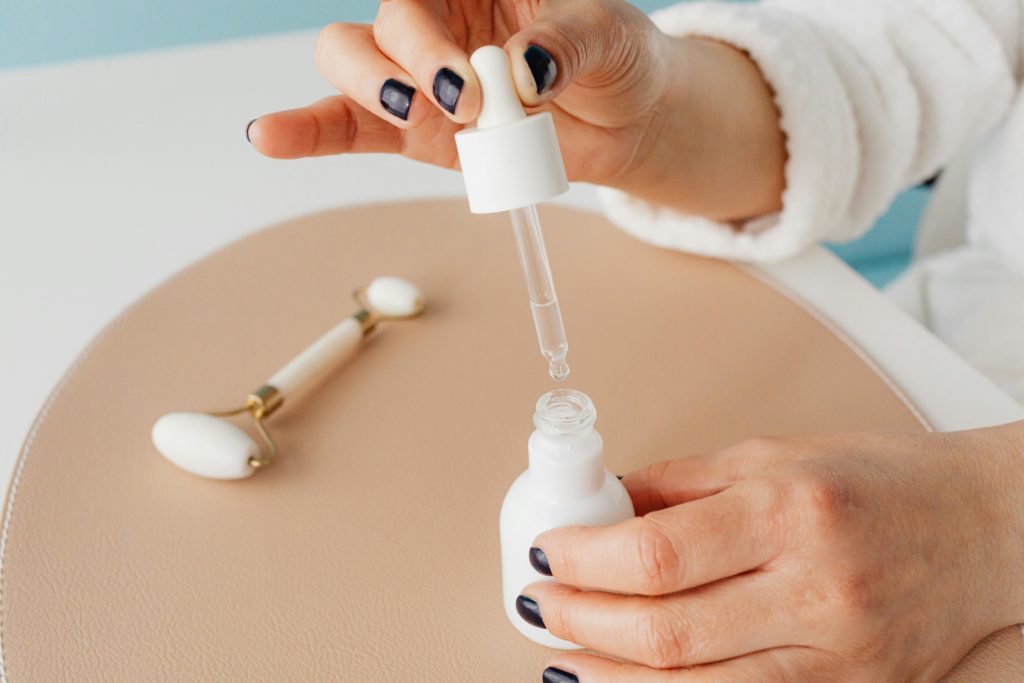
5. The Future of Customized Cosmetics: Challenges and Opportunities
The future of customized cosmetics presents exciting opportunities along with unique challenges for the industry. One major challenge is balancing technological innovation with consumer safety. As we move toward greater personalization, concerns arise over the safety and regulation of ingredients in customized products.
The industry also faces sustainability challenges, with increasing demand for eco-friendly products and more responsible production processes. Another significant challenge is consumer education, as many customers still do not fully understand the benefits and importance of customized cosmetics.
As the market continues to introduce new beauty products adapted to consumer preferences, brands are innovating and adapting to these demands.
If you plan to develop your cosmetic line, we recommend consulting a laboratory capable of offering research and development of formulas and ingredients that meet your standards. At MS Lab, we conduct all types of research to ensure the latest trends and innovations in the cosmetics field.
Contact us to discuss your projects, and we will advise you on how to proceed.

